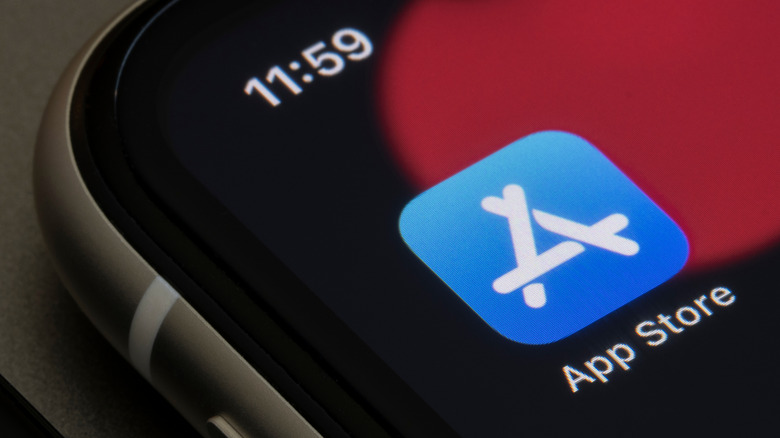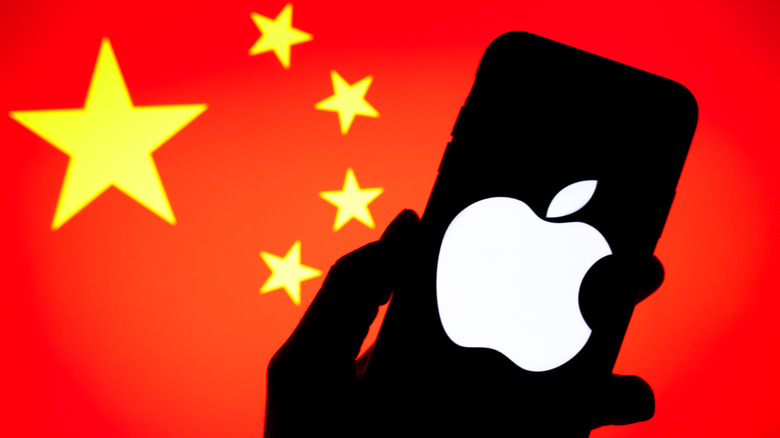Apple To Explain Reasoning Behind Controversial App Store Bans After Censorship Criticism
Apple has promised further transparency in its dealings with governments and the reasoning behind the removal of certain apps from its App Store. The decision comes amidst concerns that the company's policies may hinder things like freedom of expression. These concerns are nothing new. Elon Musk had a very public spat with the company after it allegedly scaled back advertising following his takeover. Apple wasn't the only company to put a pause on Twitter ads while the full details of Musk's "free speech" plans were still emerging. At the time, Musk suggested that Apple was "secretly" suppressing free speech and may also use its "powers" to damage his other company — Tesla.
Controversial social media network Parler has also previously had its app banned from the App Store following suggestions it was used by people involved in the Capitol Riot on January 6, 2021. The app was later reinstated after Apple received assurances about moderation policies. However, it isn't just free speech in the west that is a cause for concern. It has been suggested that the Silicon Valley giant is actively helping suppress speech and expression in countries like China and Russia. According to The Verge, the company even pushed an update to limit the functionality of AirDrop after Chinese protesters were using it as a communication tool in late 2022. The feature's "everyone" window was set to turn off after ten minutes in an attempt to stop individuals from sharing images critical of the Chinese government. The update only applied in China and is just one of many concessions the company has allegedly made to the Chinese regime.
Investors allegedly led the calls for greater transparency
The call for transparency was first put forward by some of Apple's biggest investors. According to the Financial Times, close to a third of the company's investors have called for greater transparency when it comes to how Apple deals with governments. This was made official when they voted in a resolution held last March. Azzad Asset Management and an investment company called Tulipshare, both of which own stakes in Apple, led the charge. The companies asked for more information on why some apps used to help study the Bible and the Koran were removed from the Chinese version of Apple's App Store two years ago.
The New York Times goes on to cite other apps that have been blocked, seemingly at the request of the Chinese government. The news outlet's own app is one, as is the Meta-owned messaging service WhatsApp. The paper also points to 89 apps China had flagged in 2021, all of which were allegedly removed without any objection from Apple. The company has yet to comment on the vote, its dealings with governments, or what "greater transparency" will entail. But two sources with knowledge of the matter claim that it will move ahead with the new policies and give shareholders a clear breakdown of its dealings in the future.

